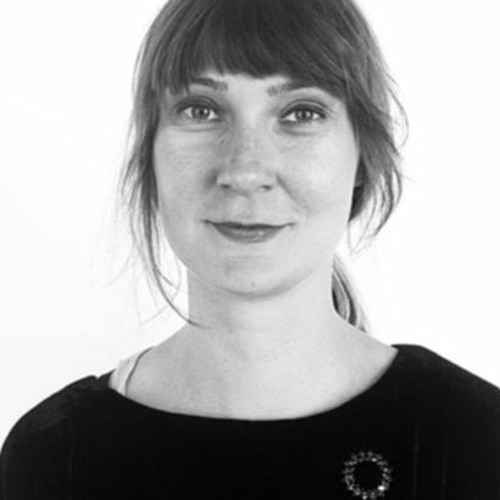In my current role as Fabric Station Coordinator at the WdKA I am fostering a learning environment for experimentation where students from all subject areas develop skills to produce their textile and (fashion) products and are challenged to develop or redevelop new materials. The Fabric Station is a place for bridging traditional textile techniques with digitalization and sustainability. I supervise skill courses such as tailoring and draping at advanced level and aim to foster a learning environment with a practical and skill-based approach to enable students to find technical, aesthetic solutions in their design practice. Balancing the hand and the head by utilising the reciprocity of digital technology and analogue craft informs my pedagogy.
In my previous role as Fashion Program Manager at the Design School Kolding (DSKD) in Denmark, I supervised fashion courses at BA and MA level and was responsible for the development of curricula for the fashion department with focus on multidisciplinary learning and sustainability. Originally, I am educated as a traditional dressmaker and graduated with an MFA in Fashion from the Royal Academy of Fine Arts in Antwerp, worked as women’s wear designer at medium and high fashion brands and was co-owner of the fashion label, Blaenk. All of these experiences have enabled me to work within high-pressure environments where priorities are placed on creating concepts with an emphasis on mastering skills, achieving commercial success, and highly artistic results.
But fashion is consumed increasingly fast, and the industry has become highly globalized, with garments often designed in one country, manufactured in another (under unethical conditions) and sold worldwide at an ever-increasing pace. This leaves the planet and us with a huge amount of textile waste.
Time to act and face a real challenge: my current research is centred on designing for change, this includes the study of sustainable materials and circular thinking as well as recycling strategies for garments and textiles. The resulting courses are aimed to empower students by giving them methods and skills for enacting change within society, industry, and production processes at scale. These methods included some of the following examples: re-do, up-cycling, non-woven materials and creating new services centred around the garment and textile sector. In the recent past I also implemented a course called, Future Materials, where students experimented with recent developments in non- materials and technologies such as body scanning and CLO 3D animation. My aim is to stimulate ideas and create preferred design futures using textiles, where the user and possible sustainable solutions are seen as central.
